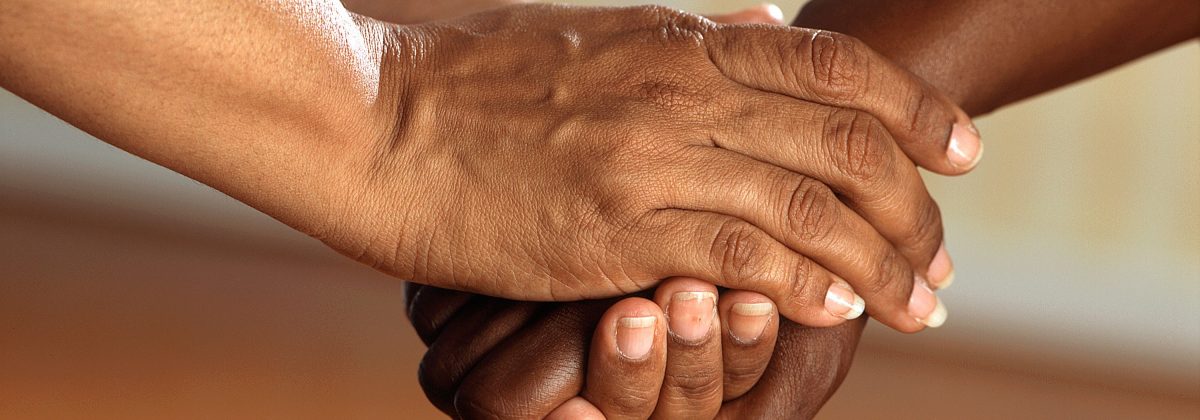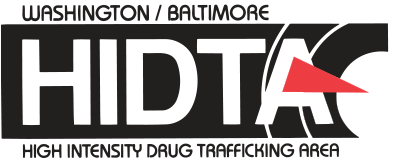
Behavioral Health System Baltimore’s Drug Treatment Court Peer Program Increases Recovery Adherence
In Baltimore, a W/B HIDTA grant is helping to increase the opportunities for substance use recovery through a partnership with Behavioral Health System Baltimore (BHSB). BHSB is a nonprofit organization that employs a wide range of programs to manage Baltimore’s behavioral health system. According to the BHSB website, the organization helps to “guide innovative approaches to prevention, early intervention, treatment and recovery for those who are dealing with mental health and substance use disorders to help build healthier individuals, stronger families, and safer communities.”
BHSB works with many partners in the Baltimore community, including the Circuit Court for Baltimore City’s Adult Drug Treatment Court (DTC). BHSB works with the DTC to certify and fund treatment providers who work with offenders convicted of substance-use related crimes.
The W/B HIDTA’s grant gives the BHSB the opportunity to expand the network of support within the DTC for its participants. Specifically, it funds the administration of peer support, in which those with lived experience with substance use and recovery are trained and certified through an internationally-recognized program. The peers are integrated into the larger DTC team, working alongside the judge, state attorney, clinical care coordinators, and others, to help the DTC participants adhere to their recovery plan, including providing linkages to other support avenues as necessary, such as outpatient treatment options.
BSHB Assistant Director for Special Populations Daniel Jarvis, stated that the W/B HIDTA grant has “really opened the doors” to allow the necessary capacity to start the peer program, which was nonexistent before receiving the grant. He related, “It’s promising because participants are able to broker healthy relationships with peers who have been through what they’ve been through.” The peer program helps the participants feel comfortable opening up about their experiences when they might not have been comfortable doing so with other contacts in the DTC. Jarvis stated that, “within the criminal justice system, the hope is that we will dismantle some of the barriers [to recovery] that the participants would traditionally face.”
The DTC program, which has been in operation for only a year, has seen a number of successes, including increased adherence to treatment plans and the acquisition of employment for its participants. The peers have even taken the initiative to start an alumni network to increase the reach of the initial support they provided when participants were in the DTC. They have secured a meeting place in East Baltimore for peers and alumni to meet so that they can provide support.
W/B HIDTA Deputy Director for Treatment and Prevention Dr. Lora Peppard stated, “We are grateful for our longstanding relationship with BHSB and the impact that it has on the substance use treatment and recovery community in Baltimore.” As our month of showing gratitude for our collaborative drug treatment, law enforcement, and prevention partnerships continues, we are excited to spotlight organizations such as the BHSB, that are working hard to help people recover from substance use disorders and get their lives back on track.
To learn more about Behavioral Health System Baltimore, visit their website here.
To learn more about the W/B HIDTA’s Treatment and Prevention, visit here.
